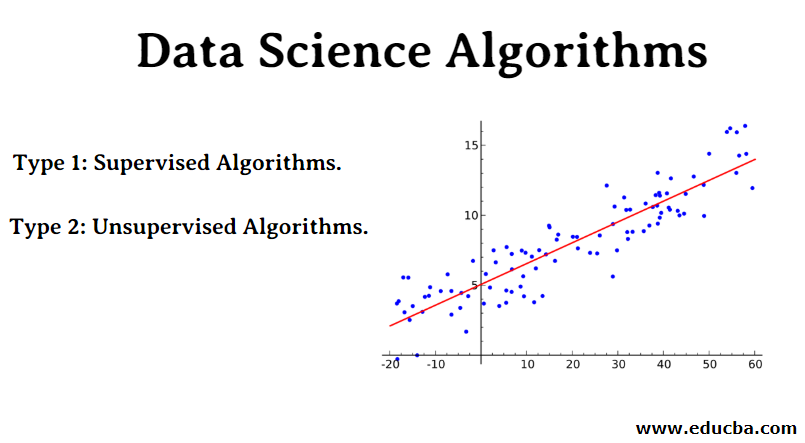Are Algorithms Science?

When you hear the word "algorithm," what comes to mind? Maybe you think of computers, math, or even social media. But what if I told you that algorithms are more than just lines of code or fancy math? They play a huge role in our lives and can be seen as a branch of science. In this article, we’ll explore what algorithms are, how they relate to science, and why understanding them matters.
What Is an Algorithm?
An algorithm is simply a step-by-step set of instructions designed to perform a specific task or solve a problem. Think of it like a recipe for baking a cake. Just like a recipe tells you what ingredients to use and the steps to follow, an algorithm outlines how to get from point A to point B.
For example, when you search for a video on YouTube, an algorithm helps find the best options for you. It considers things like what you’ve watched before and what’s popular. This process is not just about numbers; it’s about understanding patterns and making choices.
Why Do Algorithms Matter?
You might wonder, why should we care about algorithms? Well, they affect many areas of our lives. From how social media platforms decide what posts to show us to how online shopping sites recommend products, algorithms are everywhere. They help businesses make decisions, improve healthcare, and even guide scientific research.
Real-World Examples of Algorithms in Action
-
Healthcare: In hospitals, algorithms analyze patient data to predict health risks. For example, an algorithm can look at a patient’s history and recommend treatments that are more likely to work based on similar cases. This helps doctors make informed decisions and provide better care.
-
Self-Driving Cars: Companies like Tesla use algorithms to help cars drive themselves. These algorithms process information from sensors and cameras to understand the car’s surroundings. They decide when to stop, turn, or speed up. This technology relies heavily on scientific principles like physics and engineering.
-
Social Media: Platforms like Facebook and Instagram use algorithms to curate your feed. They analyze your interactions (likes, shares, comments) to show you content that you’re likely to enjoy. This keeps users engaged and helps the platform grow.
-
Search Engines: Google’s search algorithm is one of the most famous. It determines which websites show up when you type in a question. The algorithm looks at thousands of factors, such as the quality of content and how often a site is updated, to provide the best answers.
Are Algorithms Scientific?
Now that we know what algorithms are and how they work, let’s dive into whether they can be considered science.
The Science Behind Algorithms
Algorithms are rooted in mathematics and logic, which are fundamental components of science. They use data to make predictions and solve problems, much like scientific experiments. In fact, computer science, which studies algorithms, is often considered a branch of mathematics and engineering.
Think of it this way: when scientists conduct experiments, they collect data, analyze it, and draw conclusions. Similarly, algorithms collect data, process it, and produce outputs. This method of working with data is very much aligned with the scientific method.
Examples of Algorithms in Scientific Research
-
Genetics: Researchers use algorithms to analyze DNA sequences. These algorithms help identify genes linked to diseases, paving the way for new treatments and understanding of genetic conditions.
-
Climate Modeling: Scientists use algorithms to predict climate changes. They analyze historical weather data and simulate various scenarios to understand how different factors contribute to climate change.
-
Physics Simulations: Physicists use algorithms to simulate complex systems, like the behavior of particles in a collider. These simulations help them test theories and make predictions about the physical world.
Practical Tips for Understanding Algorithms
Understanding algorithms can seem daunting, but here are some tips to help you grasp the concept:
-
Start Simple: Begin with basic algorithms, like sorting numbers. Learn how different algorithms sort lists, which can help you understand their efficiency.
-
Explore Online Resources: Websites like Khan Academy and Coursera offer courses on algorithms and computer science. These platforms break down complex topics into easy-to-understand lessons.
-
Practice Coding: If you’re interested in programming, try writing simple algorithms yourself. Start with basic tasks like calculating the sum of numbers or finding the largest number in a list.
-
Ask Questions: Don’t hesitate to ask questions when you encounter algorithms in your daily life. Understanding how they work can help you appreciate their role in technology and science.
Conclusion: The Intersection of Algorithms and Science
So, are algorithms science? The answer is yes, in many ways. They are built on scientific principles and play a crucial role in various fields, from healthcare to environmental science. By understanding algorithms, we can better appreciate the technology that shapes our world and make informed decisions about its impact on our lives.
As we continue to navigate an increasingly digital landscape, being aware of how algorithms work empowers us. It helps us engage with technology more thoughtfully and encourages us to explore the scientific principles behind the tools we use every day. So next time you use a search engine or scroll through social media, remember the algorithms at work and the science that supports them!



Comments ()